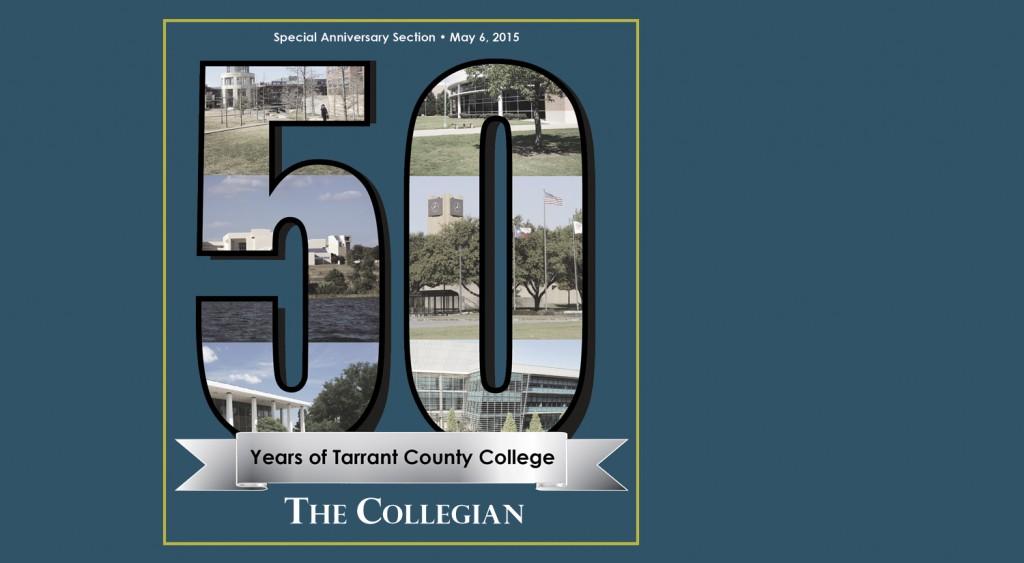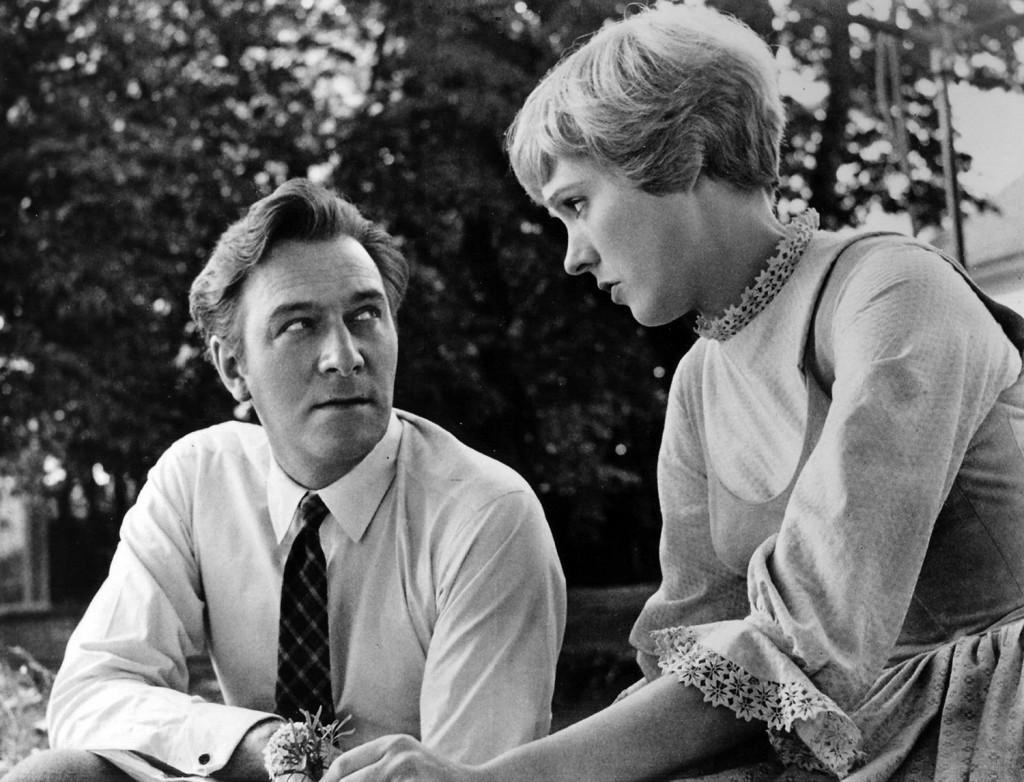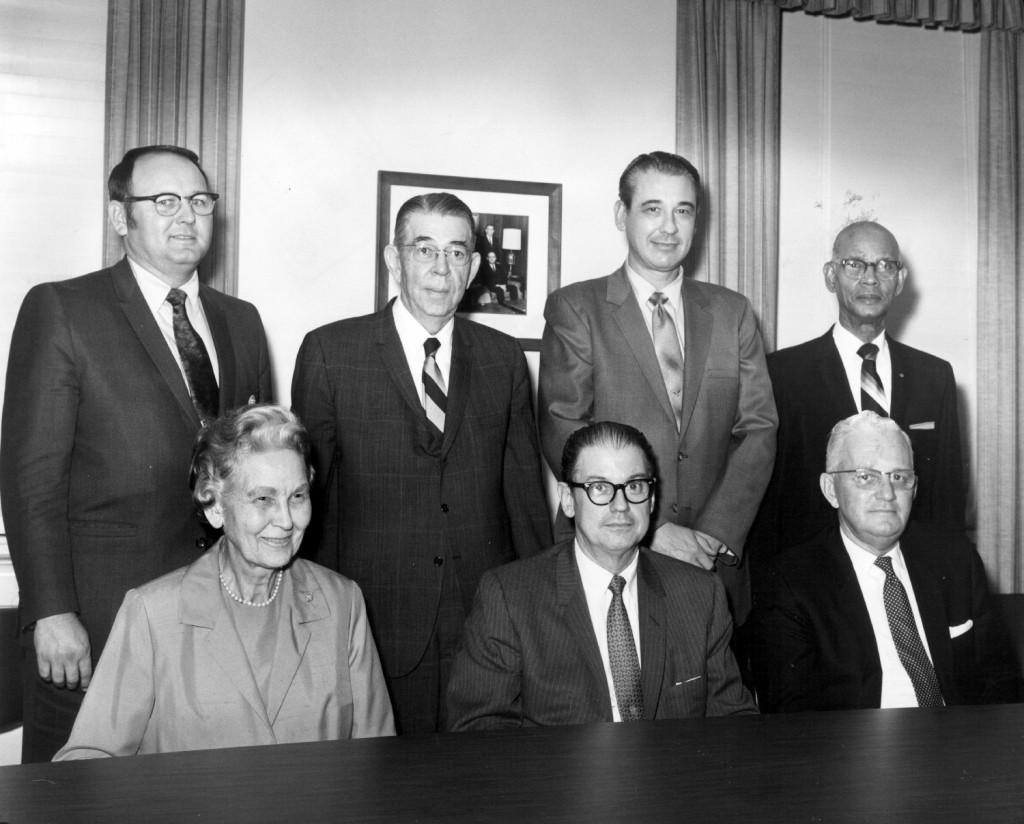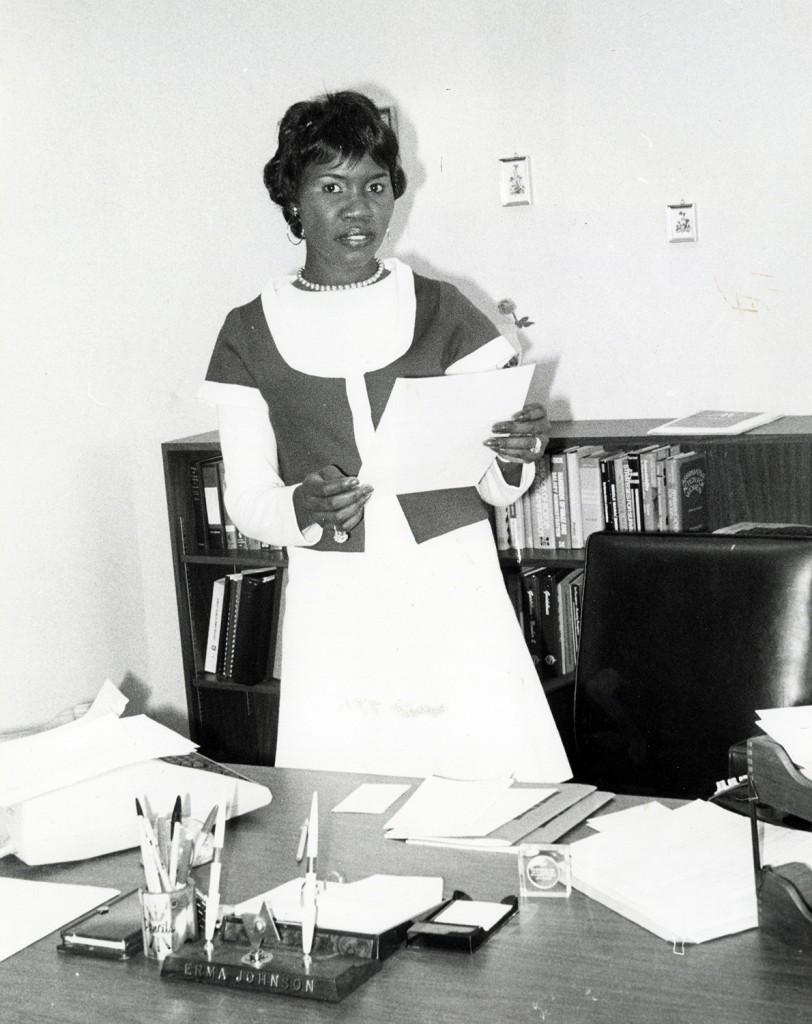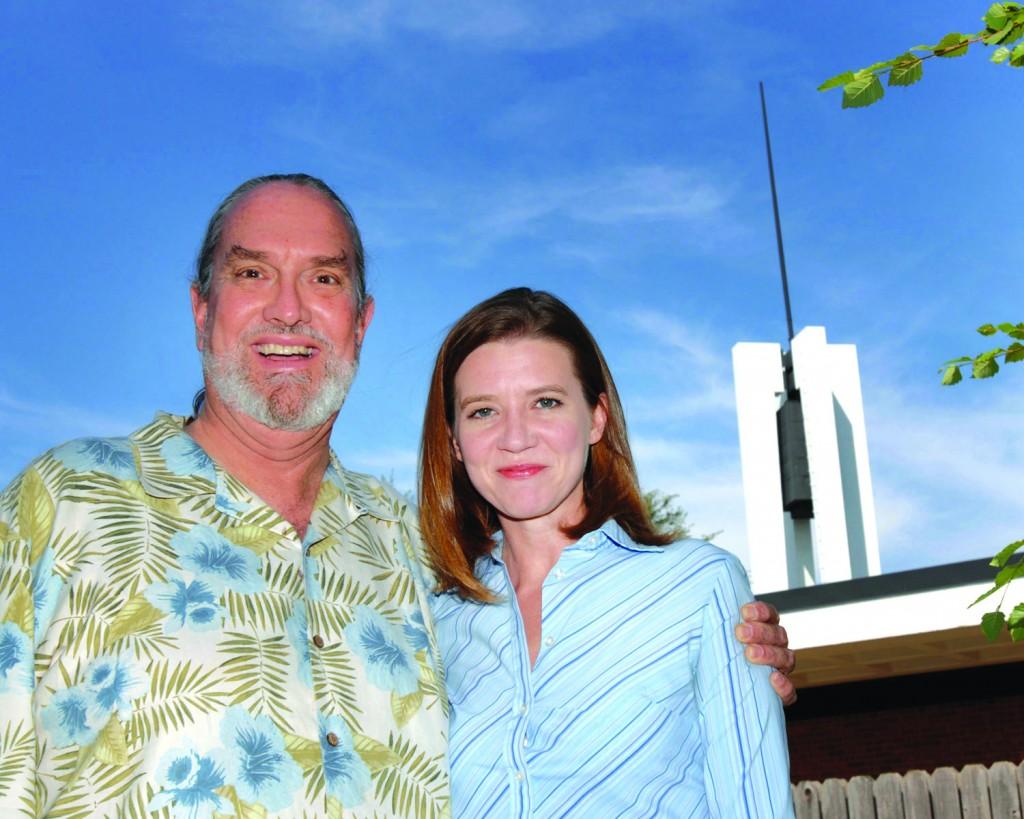By Martin Paredes/south news editor
A 16-year-old Stanley Chibueze is on the verge of graduating from a Nigerian boarding school when his health takes a turn for the worse and he is rushed to a nearby makeshift medical clinic where he is diagnosed with cerebral malaria.
“My mom was actually there with me watching me have seizures,” Chibueze said. “It was really rough.”
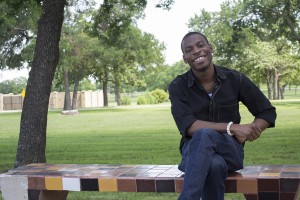
Photo by Katelyn Townsend/The Collegian
Chibueze was in a coma for hours as his family was left wondering if their son would become another victim to the disease plaguing Africa’s youth.
Fast forward nine years, and that young man is now the Phi Theta Kappa president on NE Campus, a member of the Biology Club, Men of Color and will get a full-ride to Vanderbilt University to pursue his bachelor’s degree in neuroscience.
“I just see myself as being blessed,” he said. “And I give all the glory to God.”
Upbringing in Nigeria
Chibueze, 25, first arrived in the United States on Sept. 14, 2012, after much frustration and misfortune in Nigeria.
Chibueze was raised in a southeastern Nigerian town, Onitsha, along with his five siblings whose parents stressed education.
“We have three main tribes in Nigeria,” he said. “My tribe (Igbo) is the one that really focuses on education. First is God and second is education.”
Chibueze said he lived in “inconceivably poor conditions” where hunger was very prevalent.
“As a young kid, my siblings and I had to drink lots of water whenever we complained that we were hungry,” he said. “It’s funny, though, because now I have gotten used to drinking water all the time and only eating once in a day.”
Water itself, was hard to come by, he said.
“As a kid, I had to carry a container with four gallons of water and walk two miles to and from my house just to bring some home,” he said. “I usually did this more than 10 times in a day.”
The education Chibueze was seeking had to be put on hold after graduating high school in 2006.
“My major frustration, however, was having my enthusiasm to further my education constantly countered due to my family’s financial instability,” he said. “I settled with doing difficult jobs to support my family and help put my younger siblings through secondary school.”
Boarding school struggles
Chibueze spent a rigorous six years at a local boarding school where he had to pass an exam just to attend.
“The education was tough too because there was a lot of competition, and there were a lot of smart people,” he said. “For you to actually get ahead or even be able to compete, you would have to take what we called night prep.”
Chibueze said the students would never sleep in a proper bed during night prep.
“I remember being 10 and being there all night studying,” he said. “To keep on studying throughout the night, we would often take a nap on our chairs or lay down on a big desk. We would always wake up within two hours because it was very uncomfortable.”
On top of the laborious curriculum, older students were a problem for Chibueze when he first arrived.
“The seniors made us fetch water for them, wash their clothes and things like that,” he said. “If you didn’t do it, then they would punish you. They could ask you to do things like sleep under their bed on the hard floor, or they could beat you up, too.”
Once a month, the boarding school held visiting days for students to meet their families, but Chibueze’s family was often busy with work and could not visit.
Growing up in that boarding school made Chibueze an independent person.
“All those experiences helped shape my character,” he said. “It was bad at the time, but now I’m kind of thinking that it helped make me who I am. I wouldn’t have been able to do what I am doing now without going to the academy.”
Journey to America
Chibueze could make the jump across the pond thanks to an uncle who lived in America and handled most of paperwork.
“He was the one who did the whole immigration thing for me,” he said. “I really don’t know how that works, but I know for sure that he was the person that did some application stuff.”
The process took nearly 15 years as there were a lot of setbacks and red tape along the way, Chibueze said.
After being out of school for six years, Chibueze was revving to come back. School, however, would have to wait as he first had to allocate his time to working and becoming economically stable.
Chibueze got a job at a nursing home where a co-worker told him about an honors program at TCC.
“He told me about an email that I could get if I got my grades up enough,” he said. “He said, ‘If you get that email, do not lose out on that opportunity because I missed out, and I always wonder what I could have done if I had joined.’”
In the summer of 2013, Chibueze began at NE and in August 2014, after a number of false alarms, he got the PTK invitation email.
“I’ve always been that person that wanted to be on my own,” he said. “But I kind of forced myself to break out of that because I saw the opportunity to do good things with PTK.”
Chibueze has made many strides since arriving at TCC through his work ethic and his drive to pursue his education.
Most recently, he was recognized as part of the All-Texas Academic team at the University of Texas in Austin.
“I’ve met a lot of good people here at TCC and I owe much of what I’ve achieved to all of them,” he said. “I don’t think I could have done such amazing things on my own. It’s because of a countless number of people that have supported me.”
Student Ambassadors president and SGA secretary Rebecca Reyes considers Chibueze “another brother” and said he is “one of the hardest-working people” she’s ever met.
“He’s really family- and friend-oriented,” she said. “School matters a lot to him, but if you ask him for help or you ask him to be somewhere, he will set everything else aside and he will help you.”
Fellow club member Jessica Alexander called Chibueze a “servant leader” because of his tendency to not just command but participate along with everybody else.
Alexander and Reyes both echoed the fact that Chibueze will point out when someone makes a mistake and then help them solve the problem.
Alexander said Chibueze has been a go-getting leader since they first met.
“I remember one circumstance specifically before we were even officers,” she said. “A proposal for a project PTK was planning was supposed to be taken care of by someone else was still not finished. Stanley texted me and was like ‘Hey, can you meet tonight to get this done?’ and we sat there for hours making sure that it was ready because it was due the next day.”
Plans to return home
Today, most of Chibueze’s family is in America, but he still has yet to return home to visit his family still in Nigeria.
“I haven’t got the money or the time because since I’ve been here, I’ve always been busy,” he said. “When I look at it I’m like, ‘When am I ever going to be free to actually take two weeks off and go visit?’”
Chibueze said when people are on their destined path, they will be blessed with “happy coincidences” that will make everything fall into place.
He experienced such coincidences when he was told about PTK from his co-worker at the nursing home where he still works or after he was left behind in Austria during a TCC Salzburg global seminar program 10-day visit and learned about Vanderbilt University on the rescheduled flight.
Chibueze’s desire to return to Nigeria is more than just about catching up with his family. He wants to return and make a serious impact.
“I plan to, at some point, just go home and travel to different places and providing free health care,” he said. “When I get there, then I will be fulfilled.”
This goal was carved into his mind when he came out of his coma all those years ago.
“When I woke up, that was when I knew for sure what I wanted to be,” he said. “I really wanted to give people second chances like I had. That’s what I’ve been working for since then.”



























